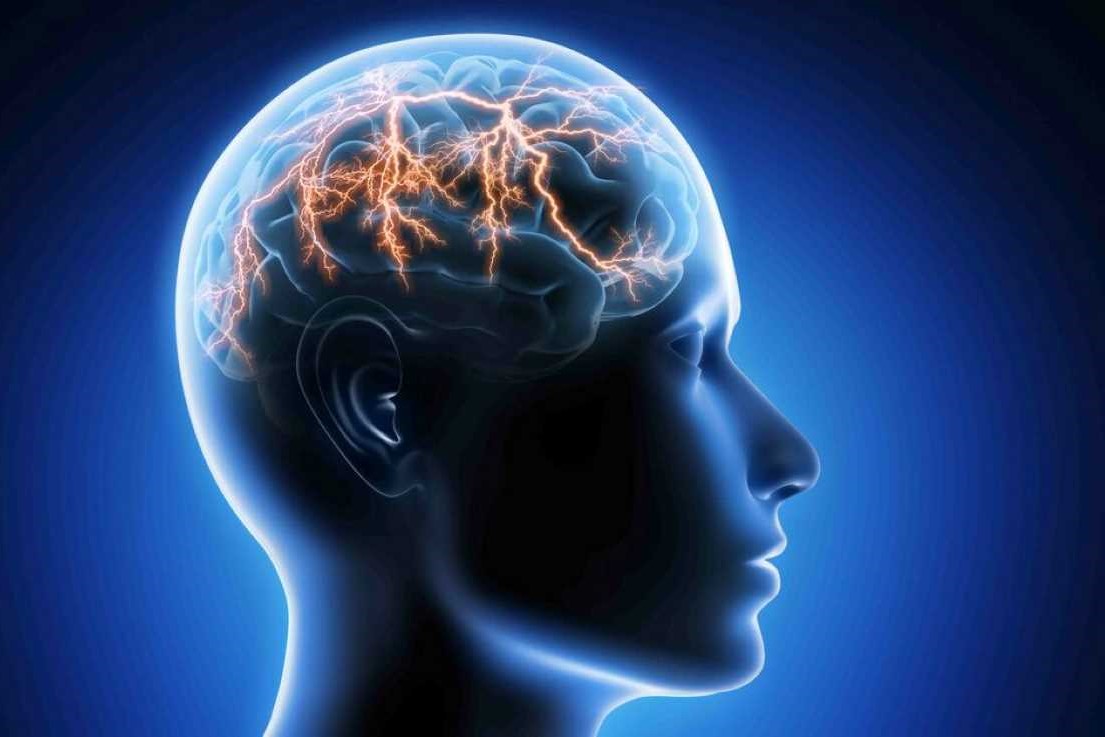
Neurology, difference between epilepsy and syncope
Difference between epilepsy and syncope. Epilepsy is a neurological condition, usually chronic, in others transient, characterised by recurrent and sudden manifestations with loss of consciousness and – in some cases – violent convulsive movements of muscles, called ‘epileptic seizures’
The seizure is caused by the sudden excessive and rapid discharge of a more or less extensive population of neurons that are part of the grey matter of the brain.
The aggregate of neurons affected by the discharge is called an ‘epileptogenic focus’.
If the discharge affects the entire surface of the brain, we speak of generalised epileptic seizures; if it only affects part of the surface, we speak of focal (or partial) epileptic seizures.
Syncope is defined as rapid-onset transient loss of consciousness caused by global cerebral hypo-perfusion, of short duration and spontaneous resolution
This definition deliberately includes the cause of unconsciousness, i.e. transient cerebral hypoperfusion, which excludes causes such as stroke and concussion (the most common form of head injury in sportspeople) that have hitherto been indistinguishable from syncope proper.
There are several conditions and diseases that lead to loss of consciousness that, in appearance, are similar to syncope, such as
- generalised epilepsy without seizures;
- panic attacks;
- generalised anxiety;
- acute hypoxemia due to low oxygen tension;
- carbon monoxide poisoning.
Thus in the case of an epileptic seizure a loss of consciousness similar to that occurring in syncope may occur, however the latter is determined by poor blood perfusion of the brain, whereas this is not the case with loss of consciousness determined by epilepsy.
Read Also:
Emergency Live Even More…Live: Download The New Free App Of Your Newspaper For IOS And Android
Cardiac Syncope: What It Is, How It Is Diagnosed And Who It Affects
New Epilepsy Warning Device Could Save Thousands Of Lives
Understanding Seizures And Epilepsy
First Aid And Epilepsy: How To Recognise A Seizure And Help A Patient


